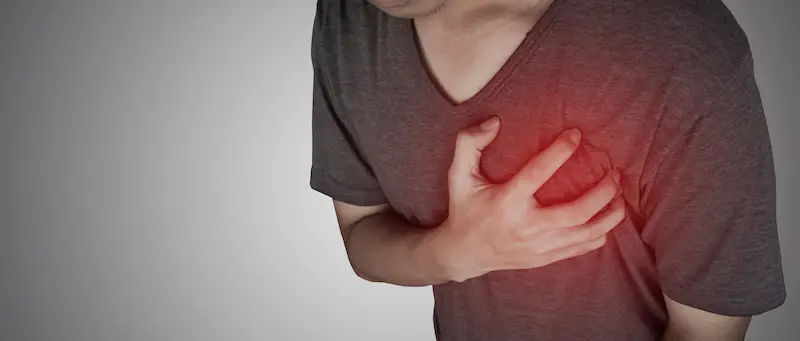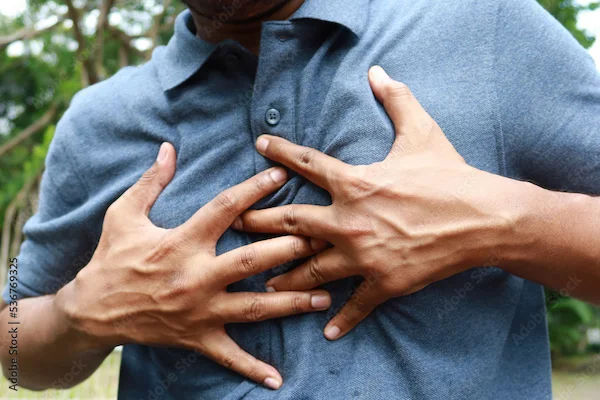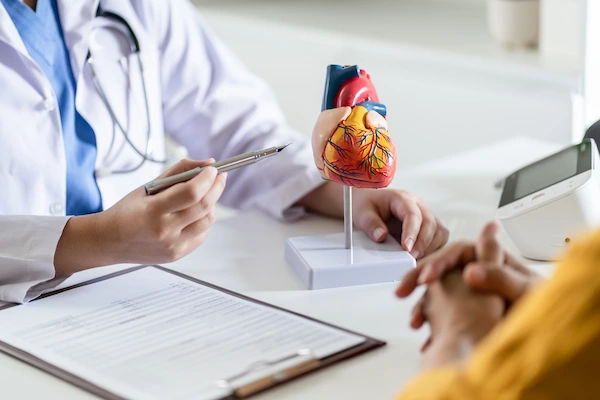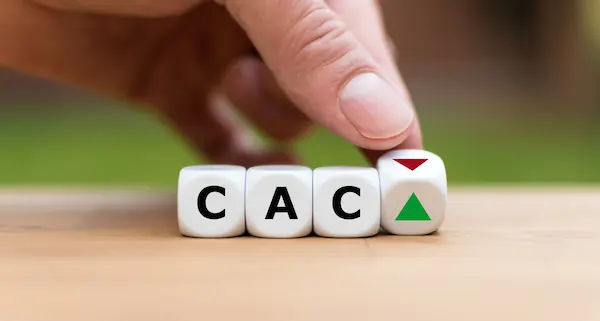- Male
- 12 Years
- 29/01/2025
I've been experiencing an increased heart rate after starting Torvate 200. How long does it usually take to get back to normal? Should I be concerned or do anything specific in the meantime?
Answered by 1 Apollo Doctors
Increase in heart rate due to Torvate 200 is a known side effect of the medication. To help normalize your heart rate, you can try the following: - Reduce caffeine intake - Practice relaxation techniques such as deep breathing exercises or meditation - Stay hydrated - Get regular exercise - Ensure you are getting enough sleep If your heart rate remains elevated or if you experience any concerning symptoms, please consult your healthcare provider. The duration for your heart rate to return to normal can vary depending on individual factors, so it is important to monitor your symptoms closely.
Dr. Anshul Suggests...
Consult a Cardiologist
Answered 04/07/2025
0
0

More Cardiology Health Queries
View allI'm a bit worried about my dad. He's 61 and has been dealing with diabetes and thalassemia. He had surgery for a blockage about six years ago, and now he's been feeling really fatigued. He just got a 2D echo done, and the report says RWMALVEF 50. Should I be concerned about these results? Is it something dangerous or is this considered normal given his medical history?
Patient's 2D echo report showing impression of Regional Wall Motion Abnormality (RWMA) with Left Ventricular Ejection Fraction (LVEF) of 50% indicates a decreased heart function. This can be concerning and may require further evaluation and management. To improve heart function and address fatigue, the patient can be prescribed medications like Carvedilol 6.25 mg twice daily and Lisinopril 5 mg once daily. Additionally, the patient may benefit from Aspirin 81 mg daily for cardiovascular protection. Regular follow-up with a cardiologist is recommended to monitor the condition and adjust treatment as needed.
Answered by 1 Apollo Doctors
Does lemon decreases blood presure?
Lemon if used in place of salt to flavour the dishes can help in decreasing blood pressure.
Answered by 1 Apollo Doctors
Is Sleeping on left side bad for heart?
No ,sleeping on your left side, specifically, could help the flow of blood to your heart. When your heart pumps blood out to your body, it getsside.culated and then flows back to your heart on the right side
Answered by 1 Apollo Doctors
Disclaimer: Answers on Apollo 247 are not intended to replace your doctor advice. Always seek help of a professional doctor in case of an medical emergency or ailment.





